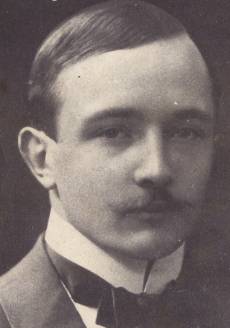Robert Musil idézetek
Robert Musil: Idézetek angolul
Forrás: “The Religious Spirit, Modernism, and Metaphysics” (1913), p. 23
Wir haben nicht zuviel Verstand und zu wenig Seele, sondern wir haben zu wenig Verstand in den Fragen der Seele.
Helpless Europe (1922)
The Man Without Qualities (1930–1942)
Változat: If there is a sense of reality, there must also be a sense of possibility. To pass freely through open doors, it is necessary to respect the fact that they have solid frames. This principle, by which the old professor had lived, is simply a requisite of the sense of reality. But if there is a sense of reality, and no one will doubt that it has its justifications for existing, then there must also be something we can call a sense of possibility. Whoever has it does not say, for instance: Here this or that has happened, will happen, must happen; but he invents: Here this or that might, could, or ought to happen. If he is told that something is the way it is, he will think: Well, it could probably just as well be otherwise. So the sense of possibility could be defined outright as the ability to conceive of everything there might be just as well, and to attach no more importance to what is than to what is not.
“Mathematics is the bold luxury of pure reason, one of the few that remain today.”
Forrás: “Mathematical man” (1913), p. 41
as translated by E. Wilkins and E. Kaiser (1955), p. 115
Young Törless (1966)
Ich bin nicht nur überzeugt, dass das, was ich sage, falsch ist, sondern auch das, was man dagegen sagen wird. Trotzdem muss man anfangen, davon zu reden. Die Wahrheit liegt bei einem solchen Gegenstand nicht in der Mitte, sondern rundherum wie ein Sack, der mit jeder neuen Meinung, die man hineinstopft, seine Form ändert, aber immer fester wird!
Helpless Europe (1922)
“… the restricting of intellectual and spiritual needs to the mania of progress”
Forrás: “The Religious Spirit, Modernism, and Metaphysics” (1913), p. 23
